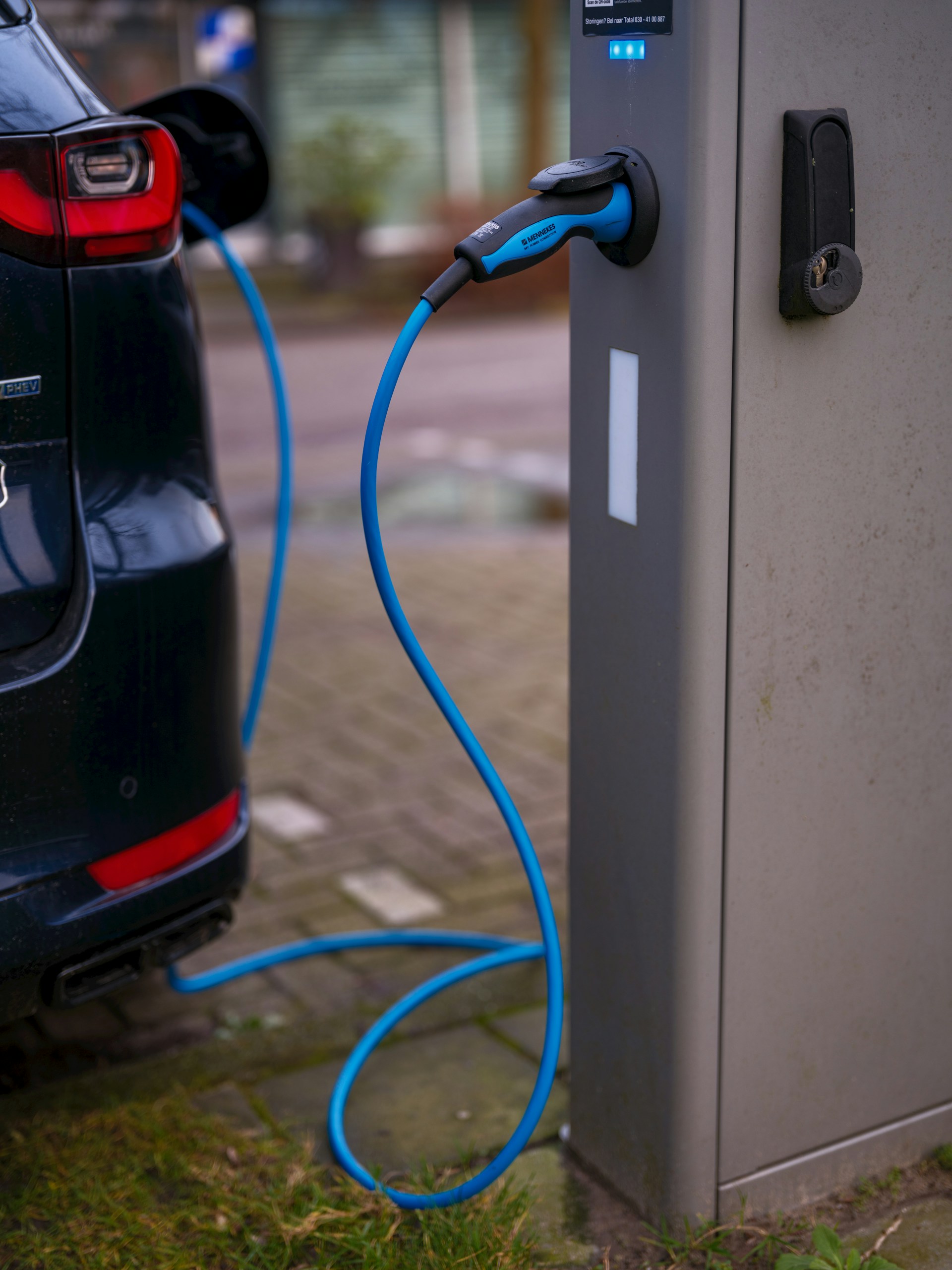The Rapid Development of New Energy and EVs

With the rapid development of new energy vehicles (NEVs) globally, countries are accelerating the construction of charging infrastructure, leading to a continuous growth in the demand for charging stations.
Charging technology is evolving from traditional AC charging to high-power DC ultra-fast charging, with 800V and 500A chargers becoming more common, raising standards for voltage, current, and metering accuracy. Global charging standards (OCPP, GB/T, IEC, CHAdeMO, CCS) are converging, requiring testing equipment to support protocol compatibility.
Stricter government regulations demand the energy metering error of charging stations to comply with ± 0.5% or higher standards, requiring traceability in testing. Charging station operators and inspection agencies are increasingly requesting remote monitoring, data sharing, and intelligent operation and maintenance, making smart and portable testing equipment an important trend
EV Chargers Metrological Testing
1. What is EV Charger Metrological Testing
EV chargers metrological testing involves verifying and calibrating the accuracy of the built-in energy metering devices (e.g., energy meters or metering modules) to ensure their energy measurements meet national or industry standards. The purpose of EV chargers metrological testing is to ensure fair charging fees, protect the legal rights of users and operators, and maintain high precision and reliability of charging infrastructure over its long-term operation.
2. EV Chargers Metrological Testing VS Functional Testing
The main difference between EV chargers metrological testing and functionality testing lies in their focus and purpose:
a) EV chargers metrological testing
This focuses on verifying the accuracy and traceability of the built-in energy metering devices, ensuring energy measurements meet national or industry standards. The goal is to ensure fair billing and accurate energy measurement.
b) Functionality testing
This focuses on verifying the overall performance of the charging station, including charging, communication, and compatibility functions. The aim is to ensure the charging station operates as expected and complies with safety and protocol standards.
In short, EV chargers metrological testing emphasizes energy measurement accuracy, while functionality testing focuses on the overall operational functions of the charging station.
3. Why is EV Chargers Metrological Testing Necessary
A core function of EV charging stations is to charge vehicles based on energy consumption. Therefore, accurate energy metering directly impacts both users' costs and operators' revenue. Metrological testing is essential for the following reasons:
a) Ensuring Fair Billing
The accuracy of a charging station’s metering directly impacts consumers' costs, which is like how a gas station meter affects fuel payment. Inaccurate metering can lead to overcharging or undercharging, harming both consumers and operators.
Errors in energy metering can cause discrepancies between the billed amount and actual consumption, affecting fair trade. Since public charging stations are market-driven, accurate metering ensures fair transactions. Testing prevents deviations, ensuring users pay only for what they use.
b) Protecting the Charger Operator’s Interests
If the meter underreports, users pay less than the actual energy consumed, impacting the operator’s revenue. Regular metrological testing ensures operators' earnings are not affected by metering errors, preventing long-term financial losses.
c) Compliance With National Regulations, Market Oversight, And International Trends
In many countries and regions, EV chargers' energy meters are considered legal measuring instruments and must undergo regular calibration according to metrology laws. For example:
• China: JJG 1148-2022 AC Charging Spot for Electric Vehicles, JJG 1149-2018 Off-board Charger for Electric Vehicles
• EU: MID (Measuring Instruments Directive) requires strict type approval and periodic calibration of EV chargers.
• US: NIST Handbook 44 sets testing standards, with third-party labs responsible for certification.
These regulations mandate that energy meters in charging stations pass type approval and undergo periodic calibration during installation and use to ensure compliance with accuracy standards.
d) Ensuring Charging Safety and Equipment Reliability
Significant metering errors in EV chargers can lead to inaccurate state-of-charge (SOC) estimates, causing overcharging or undercharging, which affects battery performance and lifespan:
• Overcharging: Risk of overheating, reduced battery life, or even fire hazards.
• Undercharging: Insufficient charge, reducing driving range and affecting user experience.
The testing process can simultaneously check voltage, current, and insulation performance, helping detect aging components or poor connections early, preventing potential safety risks.
e) Boosting Market Competitiveness and Supporting EV Industry Growth
Precise metering enhances user trust and strengthens brand reputation. Certified chargers meet regulatory and subsidy requirements, expanding market reach and improving competitiveness.
TUNKIA On-Site EV Charger Testers
The on-site testing solution includes AC EV charger testers and off-board DC EV charger testers.
• AC EV Charger Testers: Comprises a portable tester for AC EV chargers (with built-in temperature and standard clock testers), an AC adjustable resistance load, charging gun interface, and connection cables.
• TD1330 Portable Tester for AC EV Chargers+TK4720 AC Adjustable Resistive Load
• DC EV Charger Testers: Includes a portable tester for DC EV chargers (with built-in temperature and standard clock testers), a DC adjustable resistance load, charging gun interface, and connection cables.
• TD1320 Portable Tester for DC EV Chargers+TK4710 DC Adjustable Resistive Load

TD1320 Portable Tester for DC EV Chargers+TK4710 DC Adjustable Resistive Load

TD1330 Portable Tester for AC EV Chargers+TK4720 AC Adjustable Resistive Load
The EV charger tester system communicates with a host computer and includes a laptop with automated testing software. The EV charger testers act as a reference energy meter, while the load simulates EV charging conditions. The measured energy values from the charger and the EV charger tester are compared for verification.













